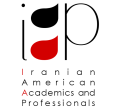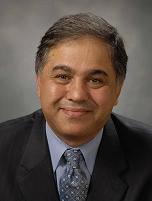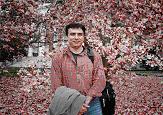Thursday, January 8, 2009, 7:30 PM
By: Mr. Mohammad Soleimani, MSc.
Executive Vice President and Chief Technology Officer, Kastle Systems
Synopsis:
Radio Frequency IDentification (RFID) has been around and in common use for many years. RFID tags generally come in two broad technologies, Passive (without battery) and Active (with battery). An example of passive format is contactless building access cards while an example of active tag is toll road transponders used in automobiles.
Recently, however, there is significant new interest in RFID as new standards have emerged that promote universal interoperability and enhance the functionality in many industry and consumer applications.
In this presentation, a broad review of the new standards and some of the emerging applications will be discussed.
About the Lecturer:
Mohammad Soleimani is Executive Vice President and Chief Technology Officer at Kastle Systems where he is responsible for all aspects of Technology development and IT efforts.
Mohammad has served as Chairman of the Board for SoleNet, Inc., an engineering services company focused on developing state of the art communications equipment, prior to his current position. Ha has also served as Vice President Engineering for RFID at Motorola, Inc. His responsibilities included advanced development and architectural design of Radio-frequency identification (RFID) equipment. Mohammad served as Vice President of Engineering at Matrics, Inc/Symbol Technologies from 2004 to 2006, where he was responsible for SW and HW development of RFID readers. Before joining Matrics, Inc/Symbol Technologies, Mohammad founded Sole Net, Inc. in 2001 and co-founded BitCom, Inc. in 1998. Mohammad also spent fifteen years as Senior Director for Hughes Network Systems (HNS), where he obtained tremendous leadership experience.
Mohammad obtained his Bachelor of Science in Electrical Engineering at Rochester Institute of Technology and Master’s degree with honors from George Washington University. He holds more than 10 patents.
Montgomery Community College (Rockville Campus)- Humanity Building (HU), Conference Room 009
Get Directions, Bulding Location on Campus
Dues: $15 per person, $5 for students (including dinner)



